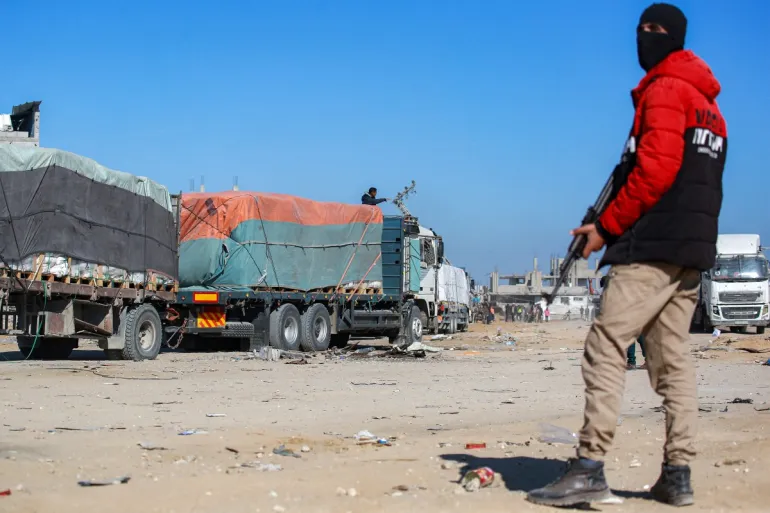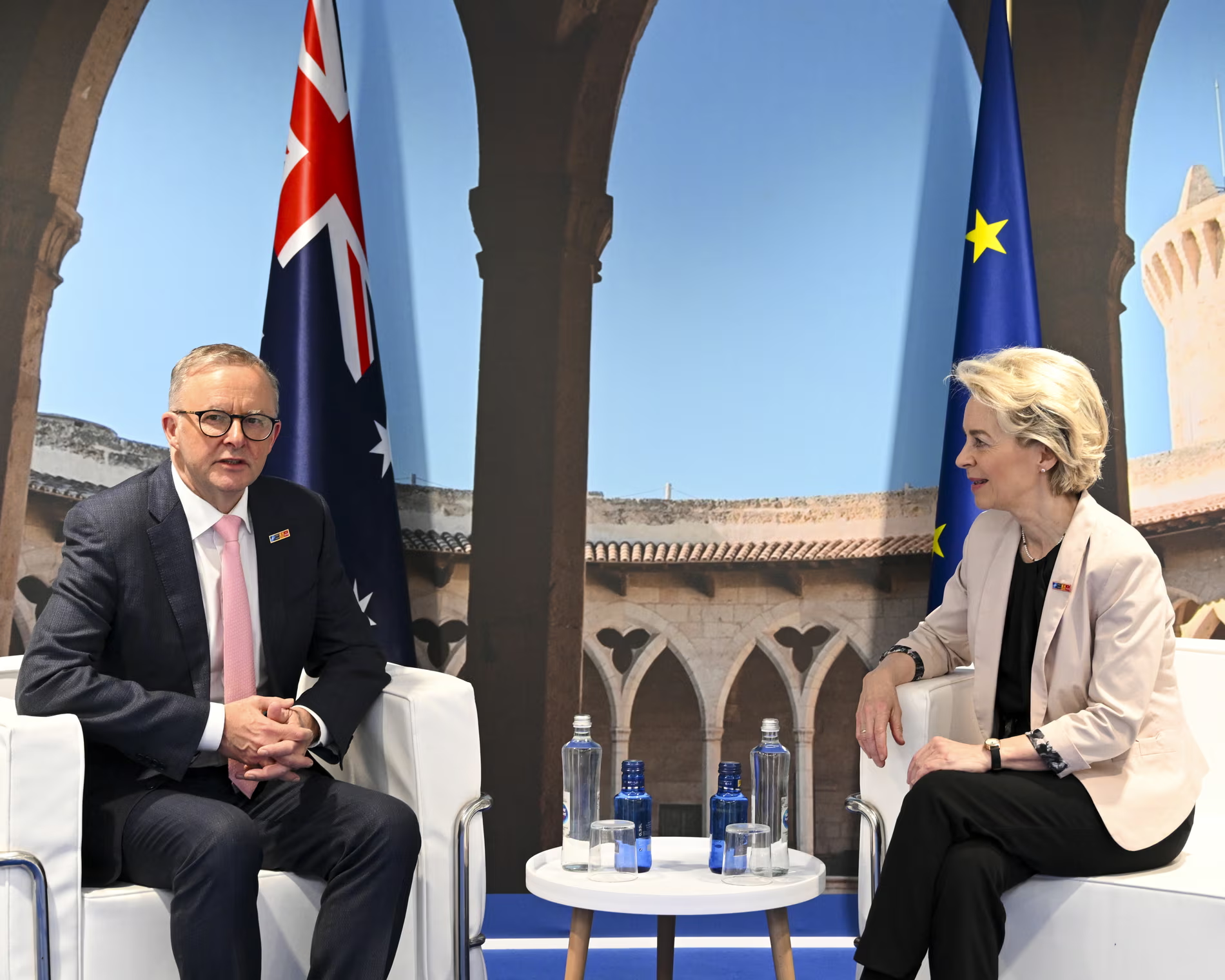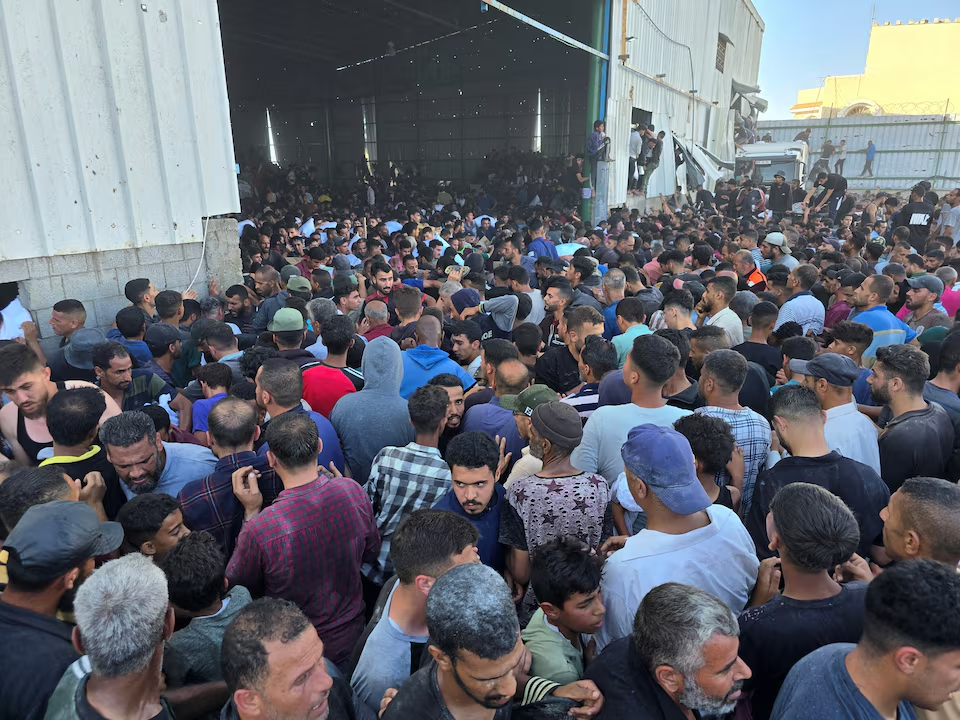In a detailed opinion piece published by Al Jazeera, Palestinian-American scholar and analyst Mouin Rabbani argues that Israel is actively arming criminal gangs in the Gaza Strip as part of a deliberate strategy to fracture Palestinian society from within and erode any remaining resistance to its occupation.
Rabbani contends that recent reports and leaked intelligence suggest Israeli operatives have facilitated the flow of weapons to non-political, criminal factions in Gaza. These gangs, unlike Hamas or other resistance groups, are accused of targeting civilians and aid convoys, looting, and spreading fear among already traumatized populations.
According to the article, this alleged policy has two main objectives. First, it aims to weaken and discredit organized Palestinian resistance—particularly Hamas and Islamic Jihad—by replacing a clear enemy with chaos. Second, it allows Israel to maintain international deniability while indirectly sabotaging humanitarian operations and civilian morale in the besieged enclave.
Rabbani compares the situation to historic examples of colonial powers supporting militias or warlords to divide and conquer local populations. He notes that Israel has employed similar strategies in the past, such as during the First Intifada, when certain collaborators were given weapons to attack Palestinian leaders and civilians under the pretext of enforcing order.
He also cites sources suggesting that armed gangs have recently been involved in looting aid trucks, attacking journalists, and harassing displaced families in Gaza. These actions, the piece claims, align with a broader Israeli objective: to disrupt any semblance of unity among Palestinians and make life under siege increasingly unbearable.
The article further argues that this tactic allows Israel to shift blame for the humanitarian catastrophe in Gaza. By fueling internal violence, Israel can portray the situation as a result of Palestinian lawlessness rather than a consequence of military occupation and blockade.
Rabbani criticizes Western media and governments for ignoring these developments and focusing exclusively on Hamas or Israeli security narratives. He urges international observers to examine the broader architecture of control in Gaza and to hold Israel accountable for policies that intentionally deepen social fragmentation.
The piece also warns of long-term consequences. Arming criminal elements could permanently damage Gaza’s social fabric, complicate future reconstruction efforts, and undermine legitimate governance structures—even after the war ends. The presence of armed gangs, Rabbani suggests, will not disappear once the conflict cools, potentially creating a new era of instability that serves Israel’s strategic goals.
While Israeli officials have not responded to the allegations, Rabbani’s article is part of a growing discourse among Palestinian intellectuals and some international analysts who believe that Israel’s strategy in Gaza extends beyond military objectives to include psychological, societal, and demographic engineering.
The article closes by calling for international scrutiny and independent investigations into the alleged Israeli role in arming gangs. Rabbani emphasizes that if the claims are substantiated, they would constitute a grave violation of international law and a new chapter in what he describes as Israel’s broader system of domination over Palestinian life.
Source; Al Jazeera



